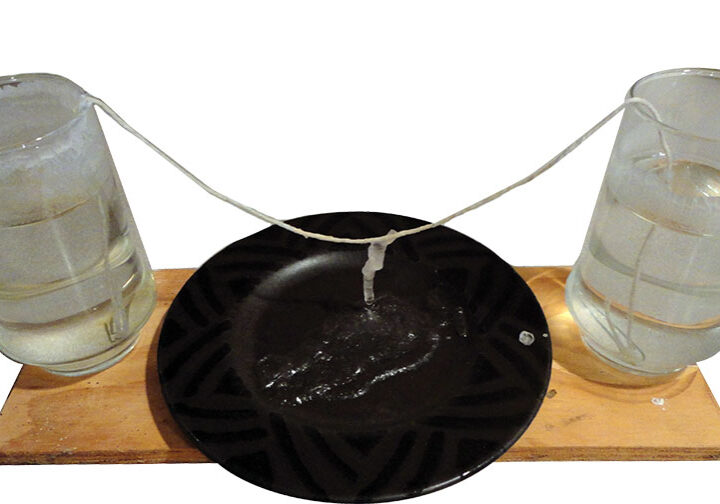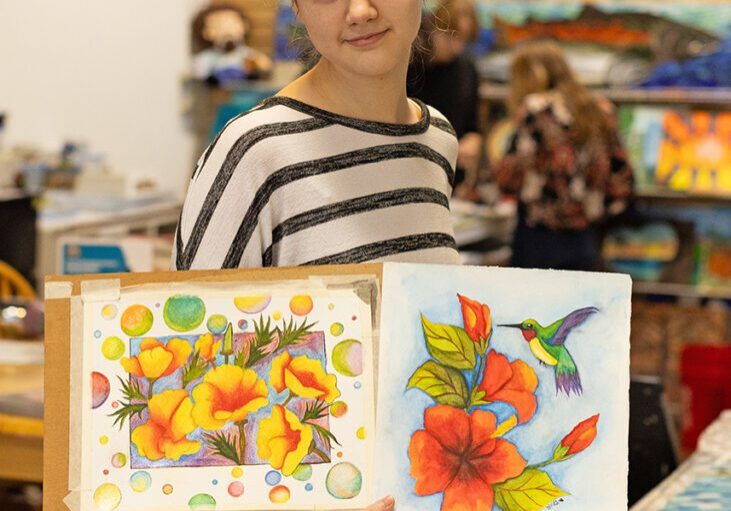The Benefits of Art and Creating
When we think of how children grow through play, that growth encompasses many forms, including sports, games, and art. Children naturally love art – painting, drawing, making music, the theater. And beyond their love of the “play” factor, making art in any form has great and lasting benefits for all ages.
The human brain consists of two parts, the left and the right hemisphere. The left brain is used in logical thinking and analytical processes. This is typically what is trained in school work that consists of math, reading and science. The right brain is used in emotional perception, intuition and creativity. It is the right brain that is mainly used when a person is involved in creative endeavors such as making art.
It is shown that when gifted kids solve problems in their areas of giftedness, there is increased electrical activity in both hemispheres. It appears that for the brain to be efficient, the two hemispheres of the brains must work together. By stimulating and exercising the right hemisphere of the brain, the arts strengthen the connection between the hemispheres. Kids should be exposed to the arts as their cognitive skills mature so that their right brain will be as developed as the left, and both hemispheres work in tandem, thus achieving the full potential of the mind.
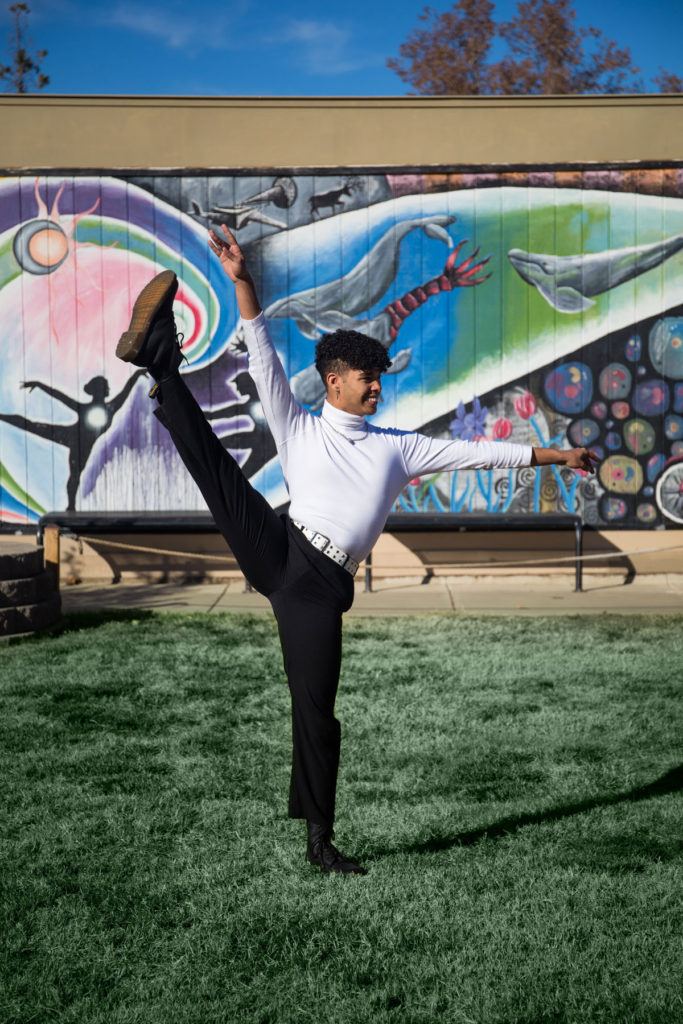
Arts, from dance to painting, theater and music, “provide purpose and meaning in a life that is really transformative.” says Becky Brown, Principal/Superintendent at Inspire School Of Art & Sciences.
Photo by Nicole Roberts Photography.
Arts provide purpose and meaning in life
Aside from the physiological effects, the Center for Arts Education also lists other benefits of exposing children to art, noting that, “Arts education has a proven positive effect on the creativity, well-being, and academic success of students at all grade levels. Dance, music, theater and visual arts improves literacy as well as the social, emotional, and cognitive development of participants.”
Becky Brown, Principal/Superintendent at Inspire School of Arts & Sciences in Chico, says, “There is a way in which the arts provide purpose and meaning in life that is really transformative.”
Arts build creative career skills
“Often the arts are defunded because they’re not seen as leading to careers. But research clearly shows that involvement in the arts for students builds social and emotion awareness. Students are more apt to be civic minded and empathetic, more confident and creative and more apt to engage more respectively with each other.”
Becky says that arts education builds skills for the long-term. “Employers look for skilled workers who understand how to be creative and approach problem solving with creativity.”
Researchers from the Michigan State University have found a very strong correlation between childhood engagement in the creative arts and measurable success later in life. Children who were exposed to a wide variety of arts and crafts were more likely to create unique inventions worthy of patents, come up with ideas good enough to start a new company, or publish provocative papers on science and technology.
Arts can be essential to life success
And, although many studies about the advantages of art education focus on the classroom, it has also been shown that exposure to arts throughout a child’s life introduces skills that are essential for life success — “creativity, critical thinking, collaboration and communication.”
According to Kimberly Sheridan, Ed.D., coauthor of Studio Thinking: The Real Benefits of Visual Arts Education, “It’s not as easy to test the skills that children learn from the arts, but that doesn’t make them any less important.” She noted that arts can increases a child’s ability to:
- Observe the world carefully and discard preconceptions in order to envision something and then create it
- Go beyond just learning a skill to express a personal voice
- Problem-solve and persist despite frustration and setbacks
- Reflect on the results and ask what could improve them
 Artists make their community more vibrant and joyful
Artists make their community more vibrant and joyful
Becky stresses that, “It’s important to know that when you’re educating students in high school, you’re sending out members of the community. Communities that have these cultural connections with the arts tend to be more economically viable. Artists in the community tend to make that community more vibrant and joyful.”
For parents who have the means, Becky says, there are lots of private music, dance and art teachers, as well as opportunities for summer theater and arts camps.
She says that it’s helpful to “keep an eye out for free classes. There’s so much available online — free tutorials and art classes, YouTube videos and more. Check Facebook and Instagram and get together with like-minded peers to see what you can do together, such as making art at one another’s homes, starting a ‘garage band,’ making videos.”
Art for the whole family
Art can be tremendous fun for the whole family. Consider these suggestions to bring more art into your family’s life and encourage your child’s growth, creativity and future success:
- Always make arts and crafts supplies available and accessible to your kid — paper, pencil, crayons, etc. Even a collection of pencils and a big newsprint sketch pad can bring out the artistic impulse.
- Celebrate your child’s artwork – hang their drawings on the wall or save it in a folder. That way, your child feels that her creation is important.
- Read books – Ask the librarian at your school or public library to suggest books about artists and the arts.
- Visit the world’s best museums. From Rome to London, Barcelona to New York, the world’s most important art museums offer virtual tours of their art collections. With today’s travel restrictions, you can still “walk through” collections that range from the Old Masters to contemporary and experimental artists making headlines today.
 Notice the arts all around you.
Notice the arts all around you.
The North State has some strikingly beautiful and unusual pieces of public art. Look for the giant ceramic hands in downtown Chico, the huge olive in Corning, a ceramic peace mural in Mt. Shasta, colorful murals throughout Red Bluff and metal sculptures throughout downtown Redding. The next time you’re out and about, make it a point to look for public art and find out more about the artists and history for each piece.
When you’re out in the world, or just hanging out at home, use your phone or digital camera to “see” the world in different ways, playing with composition, filters and cropping. Zoom in and out, and talk about why some photos are your favorites.
Posted in: Art & Music
Comment Policy: All viewpoints are welcome, but comments should remain relevant. Personal attacks, profanity, and aggressive behavior are not allowed. No spam, advertising, or promoting of products/services. Please, only use your real name and limit the amount of links submitted in your comment.
You Might Also Like...
Lost Skills Reborn: Sewing and Knitting is Vibrant in the North State – Why They’re Good for Children’s Development
Knitting, crocheting and sewing. While the mention of these crafts may conjure up rocking chairs on porches and grey-haired buns, many in the grade-school set across the North State are […]

Practice Makes Perfect: Tips to Help a Child Practice More Effectively at the Piano
As the old joke goes, the way to Carnegie Hall is “practice, practice, practice.” Yet, establishing and enforcing a practice schedule is likely to be one of the biggest challenges […]
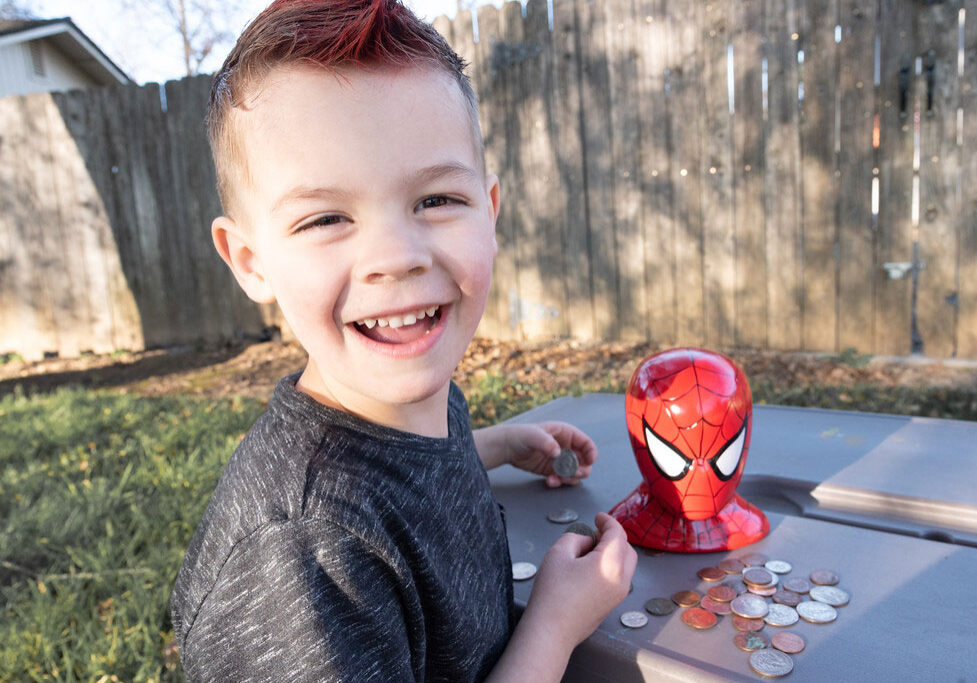
Raising Creative Kids On A Budget
In our increasingly structured and media-saturated society, kids often don’t get the time or space to be creative. Many of us think of creativity as only pertaining to the arts. […]
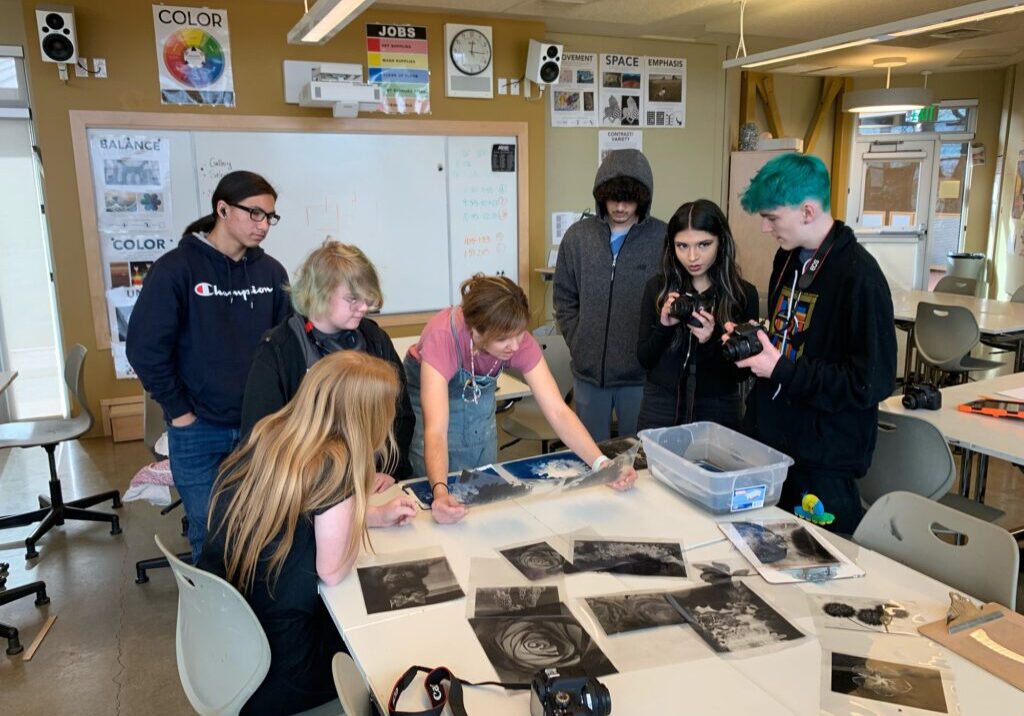
Breathing Art into Learning at Redding School of the Arts
There is a unique school in Redding, California where students are moving and grooving and acting, creating images of life, nature and the imagination with brush strokes or graphite, and […]


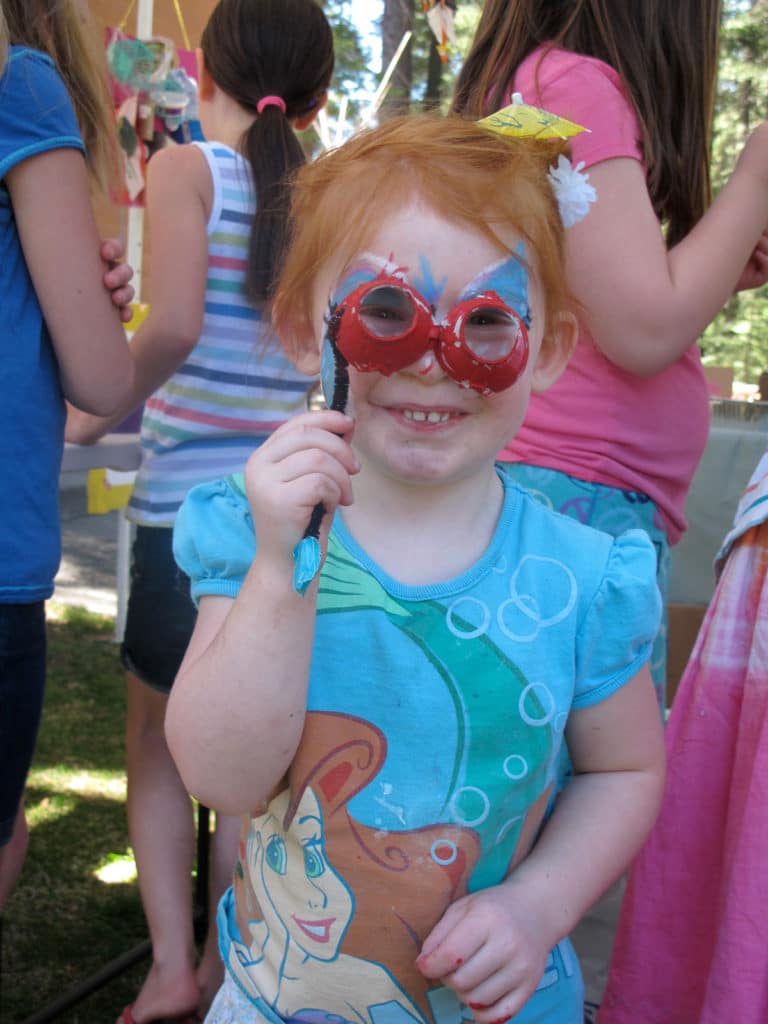 Artists make their community more vibrant and joyful
Artists make their community more vibrant and joyful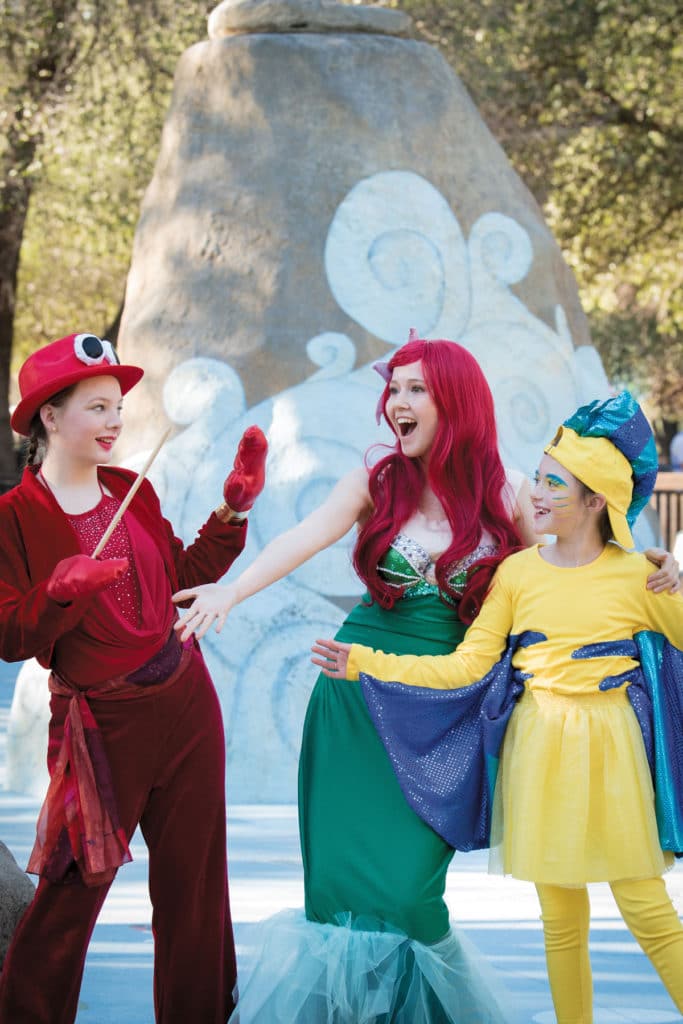 Notice the arts all around you.
Notice the arts all around you.